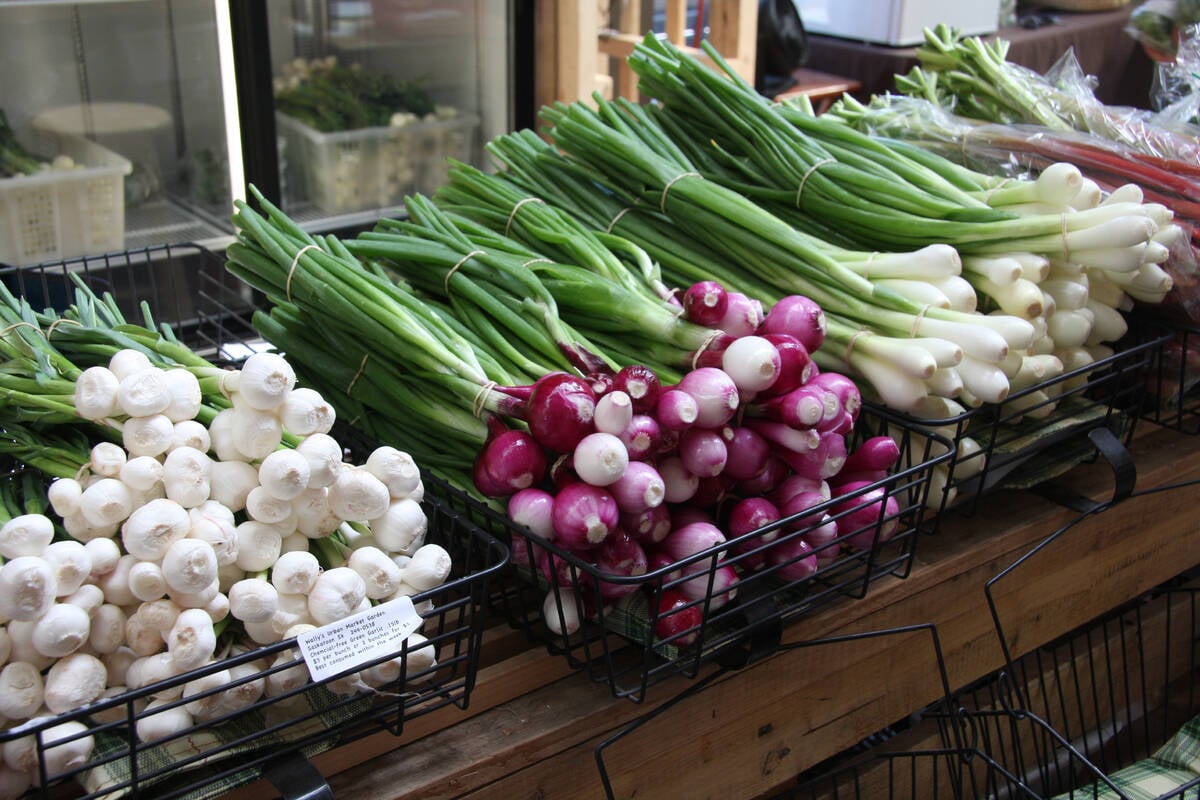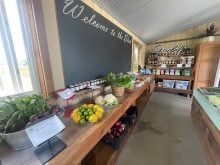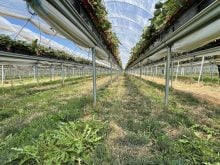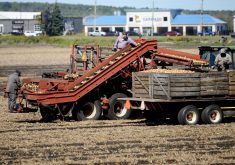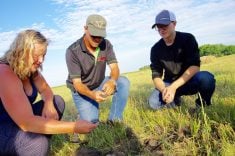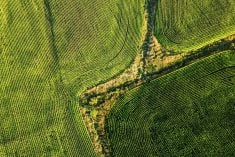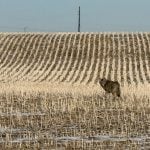When tech entrepreneur Tom Pischel moved from Oakville to Erin, Ontario, he wasn’t planning to reinvent how people find local food. But surrounded by farmers and farm stands in his new rural community, he quickly saw a gap — and a big opportunity.
Why it matters: As “buy Canadian” sentiment and a desire to buy local continue to gain traction with Ontarians, shoppers are actively looking for ways to help them find products of all kinds grown, produced, or raised close to home.
Read Also
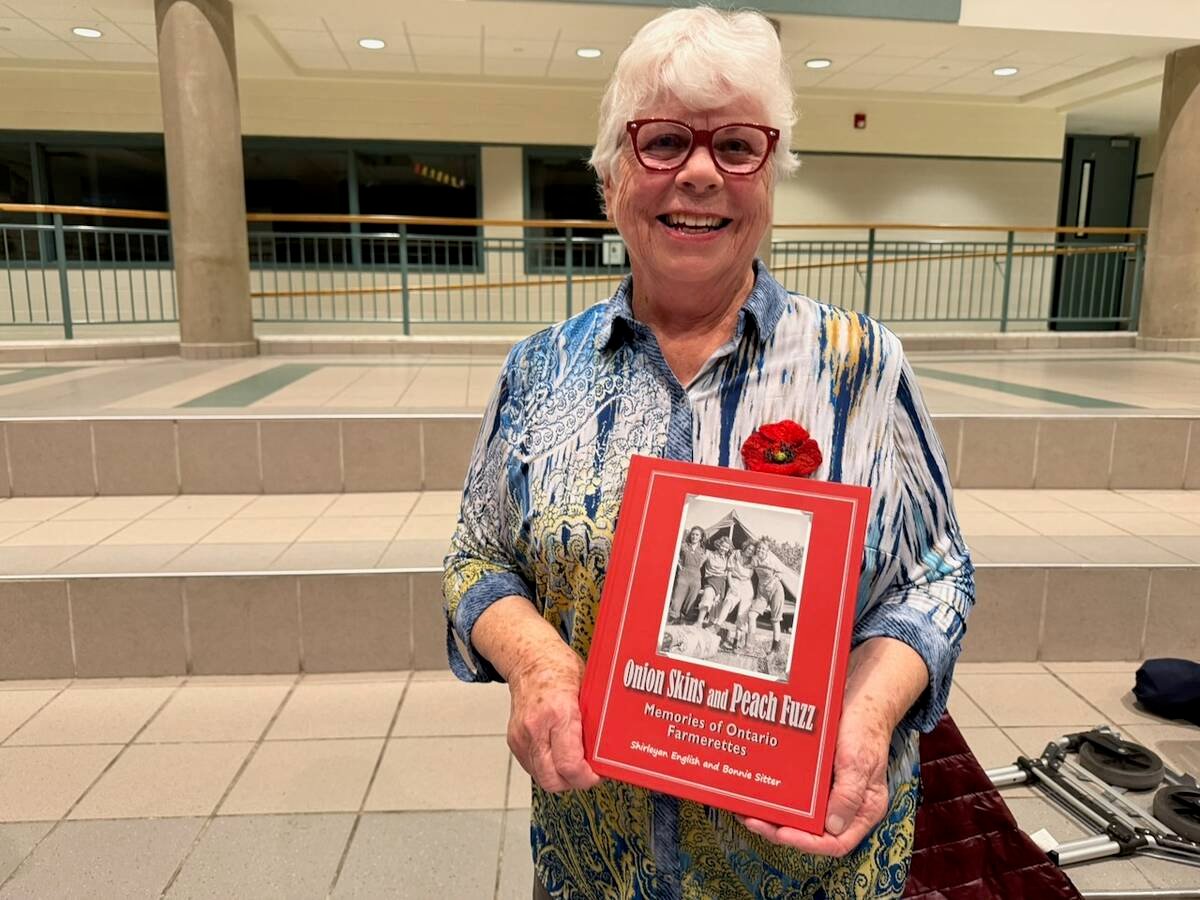
Women who fed a nation
More than 40,000 young women supported the war effort between the 1940s and early 1950s, helping grow and harvest crops amid labour shortages. They were called Farmerettes.
“Farmers know how to sell by word of mouth,” said Pischel. “But they need to be findable online. They need websites, emails and a way for people to discover them.”
That simple observation led to Alt Grocery, a digital platform he built to help local producers and small food businesses be visible online with no coding skills or marketing budgets required.
His idea first gained traction in early 2024, when Pischel, who already had a small Reddit following, launched Alt Grocery as a place where Canadians could find independent grocers and local food suppliers instead of big chains.
Within a week, more than 200,000 people had visited his site.
“I didn’t want it to be political,” he said. “I’m not anti-corporate — I’m pro small business. I wanted to use tech for good.”
And the community stayed. Even before the trade war with the United States started, Ontarians wanted to know where to buy local food – and farmers wanted help reaching them, said Pischel.
Platforms like Local Line have made online sales easier for farms, helping producers manage inventory, orders and deliveries. But Alt Grocery takes a different angle: discovery and engagement.
Pischel describes his platform this way: “think of it as a mashup between Google Maps and Instagram.”
Farmers can post photos of their products, tag their farm stand or business, and appear on a map where consumers can explore nearby producers.
“It’s not just a business directory, it’s a social experience,” he explained. “If someone sees your photo of fresh corn or handmade jam, they can find you instantly through the mapping.”
The goal is to help farms get digital visibility without needing to build a website or manage e-commerce, thereby lowering the barrier to online marketing.
After bootstrapping the first version with artificial intelligence (he used AI to code it himself), Pischel is now developing a new mobile platform called Local XP. It will merge Alt Grocery’s map concept with a gamified social network that rewards users for engaging with small businesses.
“Everyone’s on their phones. People love earning points or badges — think PC Points, but for buying local,” he said. “Small businesses could run their own campaigns, like ‘visit three farm stands this weekend and earn a reward.’”
Farmers’ markets and food-sector non-profits are taking notice. He’s already had conversations with several Ontario markets interested in using the tool to promote their vendors in a way they haven’t been able to before.
So far, Alt Grocery has mapped more than 4,000 independent businesses and farm stands across Canada, mostly added through community crowdsourcing. Users can recommend farms or claim their listings — similar to how Google lets businesses manage their profiles.
As a single person managing the site, Pischel knew he couldn’t cover a country as big as Canada on his own, so he turned to his Reddit community for help identifying and recommending food businesses, from independent grocers to farm stands, for his site.
For the next step in his commercialization journey, Pischel is looking for a pilot partner or two, such as a farmer’s market or regional food organization, to help him scale the idea and test new features.
“I believe in building something that actually helps people,” he said. “Farmers work hard to feed us. The least we can do is make sure they’re easy to find.”



